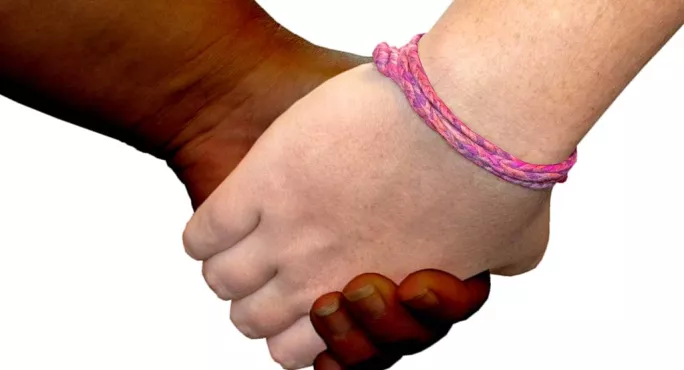Children’s friendships are far more likely to be ethnically and socially mixed within school than outside school, new research has found.
This is because, while parents might encourage children’s friendships across race and class, they tend not to facilitate those friendships outside school as much as those with families like their own, according to a report published today.
Academics from the UCL Institute of Education and the University of Surrey conducted interviews with children, parents and school staff in Year 4 classes at three primary schools across London.
They found that friendships were a central part of children’s lives. Close friendships were common across ethnic divides and, to a lesser extent, across class divides as well.
In fact, many of the children were able to identify similarities despite their differences. For example, pupil Omar told researchers: “She’s from Colombia and I’m from Algeria, but everybody was born in London.”
Another, Nayna, said: “It doesn’t make a difference where people come from, because everybody is the same. Everybody comes from Earth and stuff.”
Three-quarters of pupils asked said their best friendships crossed ethnic lines. But only a quarter of best friendships were across class divides.
The more middle-class children there were in a class, the greater the polarisation between middle- and working-class children tended to be. And, despite being able to talk articulately about the importance of diversity, white middle-class children were the least likely to mix outside their own ethnic and social group.
There were only a few close friendships across the sexes, the study found. Children chose to mix in single-sex groups in the playground most of the time. There were, however, certain games - particularly chasing games - that boys and girls played together.
When friendships moved outside school, they were considerably less diverse than they were within school. Outside the classroom, friendships tended to be formed in clubs, language classes or religious groups, many of which were mono-cultural.
In addition, children’s out-of-school time was managed by their parents. This meant that friendships tended to be encouraged among children whose parents were similar to their own.
“I like the parents, therefore you can be friends and we can have coffee,” a white middle-class mother told researchers. “It flows more easily. The easy path.”
A Turkish mother said that she preferred her daughter to go to birthday parties of Turkish children, as she knew that the food there would be halal. “Other parents look at you a little bit differently when you don’t eat the food,” she said.
The researchers added that the teachers in all three schools had a good knowledge of their pupils’ friendship networks, and had clear strategies in place to help those children who were struggling to make friends.
But, they added: “Proactive initiatives were vulnerable to being crowded out of the timetable, because of the need to ensure the children met targets in maths and English.”




